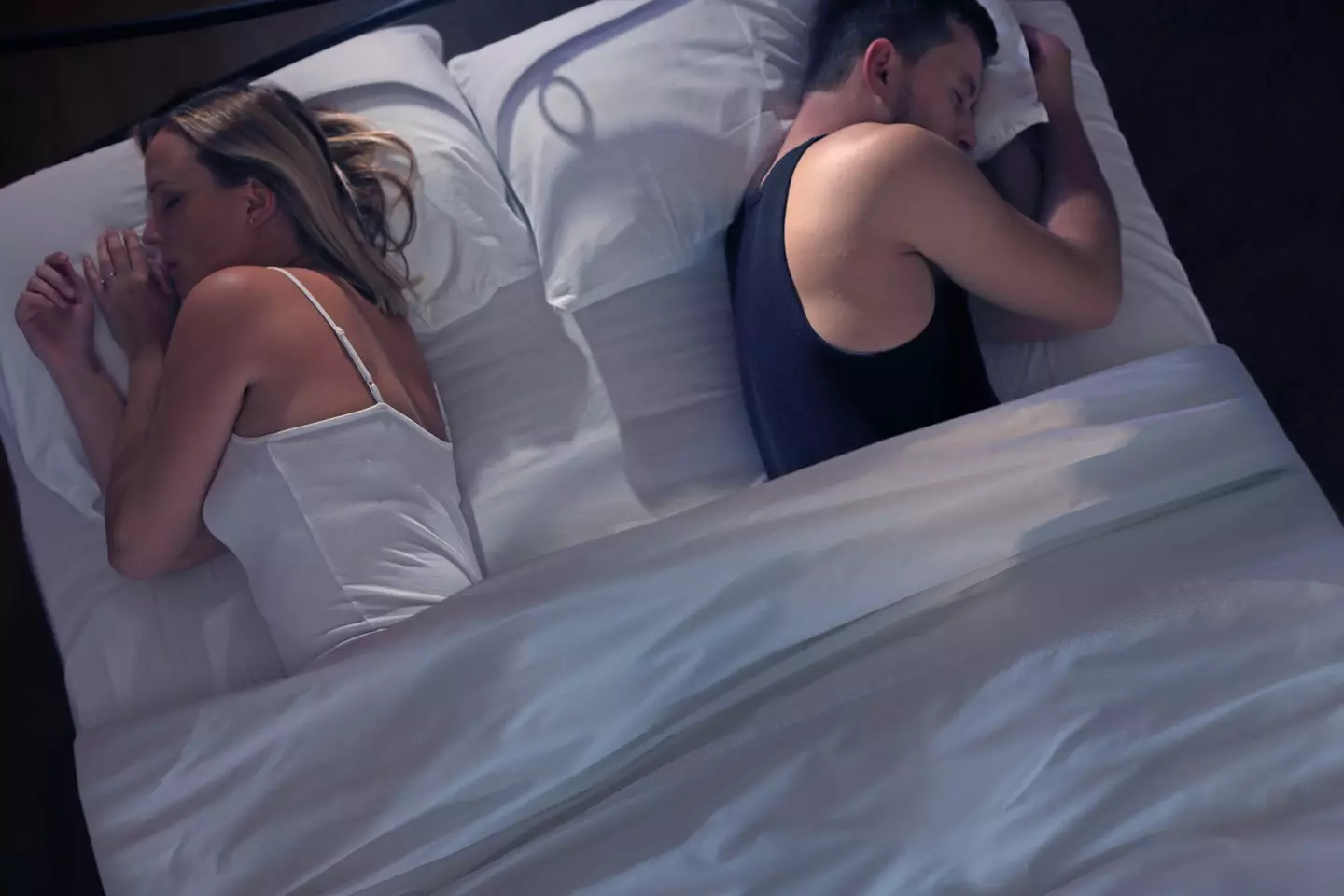
If you think you might not be having enough sex, then you came to the right place.
There are plenty of TikTok couples out there who will often show off their 'perfect' relationship online.
It makes you wonder if you're heading in the right direction, or not.
But there's two things wrong with comparing yourself to strangers on social media.
Advert
One, they are just showing you the good bits, and number two, their content is only there to get views.

“We have lots of expectations about how relationships are ‘supposed’ to look,” Dr. Logan Levkoff, a PhD specialist in human sexuality, told NBC.
“Many times, this fairy-tale model doesn’t mimic our lives or our realities.”
In terms of how much sex you should be having, the expert says there is no ‘normal’ amount, and it depends on couple to couple.
That being said, a 2015 study used a sample size of 30,000 Americans over 40 years to take a look at how much sex an average person needed to 'be happy'.
It was determined that having sex with your partner once a week keeps you fulfilled and those who did it more than once weren't much happier.
Five reasons why you might not be having enough sex

Stress
We probably don't realise the impact stress has on day-to-day life, from feeling overwhelmed, irritable and depressed.
Dr Levkoff says all of the above can damper your sex life.
Body insecurity
Dr. Sanam Hafeez, a clinical psychologist from New York, explains: "Body insecurity is a common cause, especially when it's not only about appearance, but the feeling of being bloated and just not at your best."
Lacking confidence by being shamed or even embarrassed by the way you think you look can lead to a lack of sexual intimacy.
If you're struggling, then think about speaking to a professional about your concerns.

Chronic medical issues
“Chronic conditions, like rheumatoid arthritis, pain, fatigue, stiffness, swelling, vaginal dryness and limited function, can also impact libido,” says Levkoff.
Smart devices
Opting to watch the latest TV series, instead of asking your partner how their day went will not be helping.
Taking an interest in your partner can lead to a closer relationship, and a more active sex life.
“The irony of technology is that while it makes us feel intellectually more connected to people, it can isolate us even further from one another when it comes to intimacy,” says Levkoff.
Waning connection
Taking time out for yourselves, rather than prioritising the kids, might be what's needed.
“Check in throughout the day. A kissy face emoji or a quick message sending love keeps the connection going,” says Hafeez.
“Also, something as simple as walking together after dinner without phones, or dancing, can get good brain chemicals flowing.”
The full study titled 'Sexual Frequency Predicts Greater Well-Being, But More is Not Always Better' is available here.
Topics: Dating trends, Sex and Relationships, Lifestyle